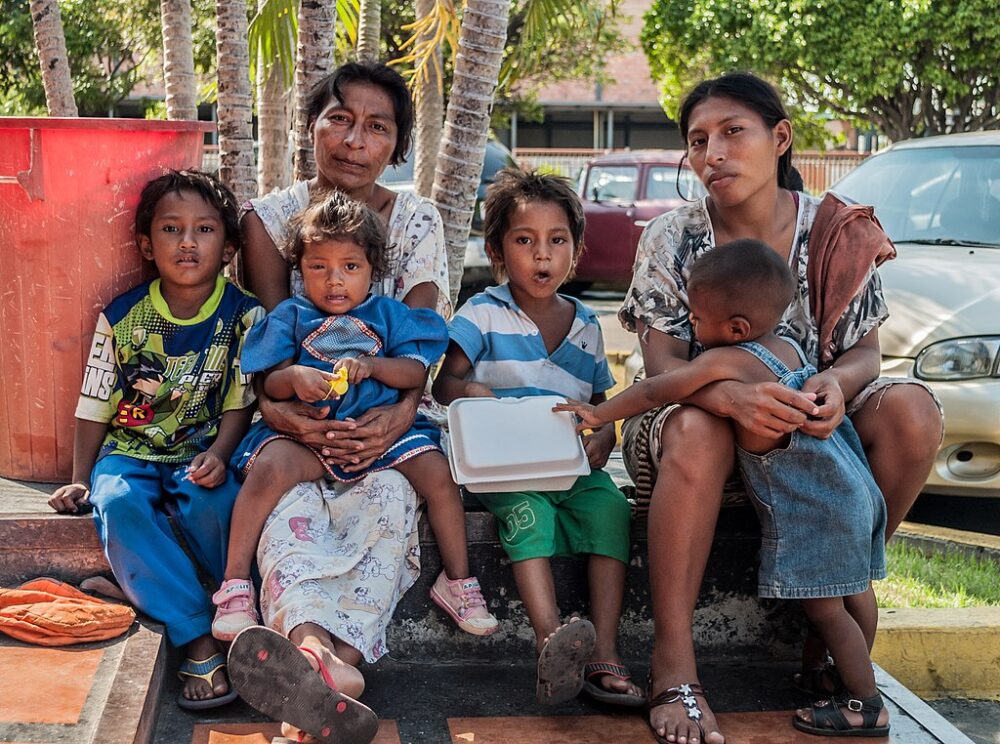Homelessness is a pervasive issue that affects countless individuals and families in Ecuador. The complexity of this problem stems from various social, economic, and political factors that contribute to the growing number of people without stable housing. This blog explores the root causes of homelessness in Ecuador, the current challenges faced by the homeless population, and potential solutions to mitigate this issue. By understanding these factors, we can better support vulnerable populations and foster meaningful social change.
Root Causes of Homelessness in Ecuador
Several interrelated factors contribute to homelessness in Ecuador, each compounding the difficulties faced by those without stable housing. Here are some of the primary causes:
- Economic Instability: Economic fluctuations and high unemployment rates are significant contributors to homelessness. Many individuals and families live paycheck to paycheck, and any disruption in income can lead to the loss of housing.
- Poverty: Poverty in Ecuador is widespread, with a significant portion of the population living below the poverty line. Limited access to financial resources makes it difficult for many to secure and maintain housing.
- Social Inequality: Social disparities, including discrimination and lack of access to education and healthcare, exacerbate the challenges faced by marginalized communities, increasing their risk of homelessness.
- Political Factors: Political instability and inadequate government policies can hinder effective responses to homelessness. Corruption and lack of funding for social programs further exacerbate the issue.
- Natural Disasters: Ecuador is prone to natural disasters such as earthquakes and floods, which can destroy homes and displace families, contributing to the homeless population.
Current Challenges
Addressing homelessness in Ecuador is fraught with challenges that require comprehensive and coordinated efforts. Some of the key challenges include:
- Lack of Affordable Housing: The shortage of affordable housing options forces many low-income families into inadequate or temporary shelters, perpetuating the cycle of homelessness.
- Insufficient Social Services: There is a critical need for more robust social services, including mental health support, addiction treatment, and employment assistance. Many homeless individuals lack access to these essential services.
- Stigmatization: Homeless individuals often face stigma and discrimination, which can hinder their ability to access support services and reintegrate into society.
- Health Issues: Homelessness is associated with numerous health problems, including malnutrition, chronic illnesses, and mental health disorders. Lack of access to healthcare exacerbates these conditions.
- Legal and Bureaucratic Barriers: Navigating the legal and bureaucratic systems can be challenging for homeless individuals, making it difficult to obtain identification, access benefits, or secure housing.
For more detailed insights into the socio-political landscape affecting homelessness, you can refer to this comprehensive report by UNHCR.

Impact on Individuals and Communities
The impact of homelessness on individuals and communities is profound and far-reaching. Understanding these impacts is crucial for developing effective interventions:
- Individual Impact: Homeless individuals often experience a loss of dignity and self-worth. The constant struggle for basic needs like food and shelter takes a toll on their physical and mental health. Children experiencing homelessness face disruptions in their education, which can affect their long-term development and opportunities.
- Community Impact: Homelessness can lead to increased crime rates and strain on local resources such as healthcare and social services. It also affects the overall quality of life in communities, contributing to social fragmentation and economic decline.

Efforts to Address Homelessness
Various organizations and initiatives are working tirelessly to address homelessness in Ecuador. Here are some notable efforts:
- Government Programs: The Ecuadorian government has implemented several programs aimed at reducing homelessness, including social housing projects and subsidies for low-income families. However, these programs often face challenges such as funding shortages and bureaucratic hurdles.
- Non-Governmental Organizations (NGOs): Numerous NGOs are actively involved in providing support to homeless individuals. They offer services such as temporary shelters, food distribution, healthcare, and job training. NGOs play a crucial role in filling the gaps left by government programs.
- Community-Based Initiatives: Grassroots movements and community organizations are essential in addressing homelessness at the local level. These initiatives focus on empowering homeless individuals through education, skill-building, and community engagement.
For more information on historical and cultural factors influencing housing in Ecuador, read our article on The History of Architecture in Ecuador.
Potential Solutions
Addressing homelessness in Ecuador requires a multifaceted approach that tackles the root causes and provides sustainable solutions. Here are some strategies that can make a difference:
- Increasing Affordable Housing: Expanding the availability of affordable housing is crucial. This can be achieved through government initiatives, public-private partnerships, and community-driven projects.
- Strengthening Social Services: Enhancing social services such as mental health support, addiction treatment, and job training can help homeless individuals regain stability and self-sufficiency.
- Promoting Social Inclusion: Combating stigma and promoting social inclusion is essential. Public awareness campaigns and community engagement can help change perceptions and support the reintegration of homeless individuals into society.
- Improving Disaster Preparedness: Implementing effective disaster preparedness and response plans can help mitigate the impact of natural disasters on housing and prevent displacement.
- Advocating for Policy Change: Advocacy efforts aimed at influencing government policies and increasing funding for social programs are critical for long-term solutions to homelessness.
For a detailed look at addressing housing challenges in Ecuador, consider reading our article on Addressing Barriers and Housing Challenges in Ecuador.
Safe Homes Movement - Paving the Way for Housing Solutions
Addressing homelessness in Ecuador is a complex but essential task that requires coordinated efforts and sustainable solutions. By understanding the root causes, current challenges, and potential strategies, we can better support vulnerable populations and foster social change. The Safe Homes Movement is dedicated to promoting safe and accessible housing for all, working tirelessly to create lasting impact through community empowerment and sustainable development.
To learn more about how you can get involved and support these efforts, download our brochure and join the Safe Homes Movement today.








